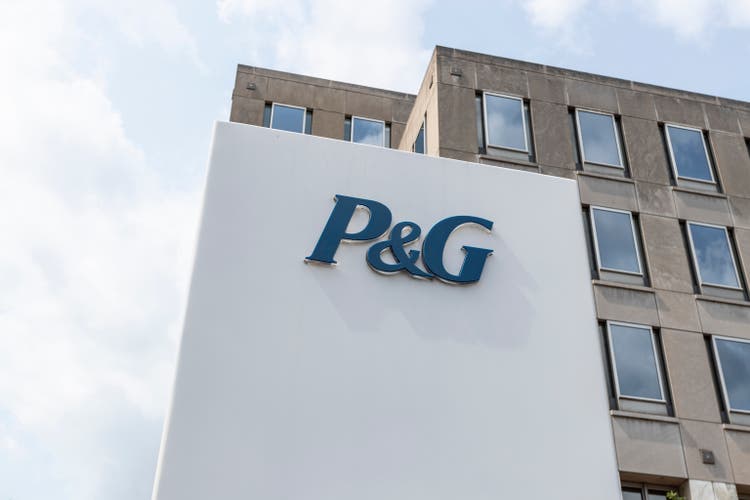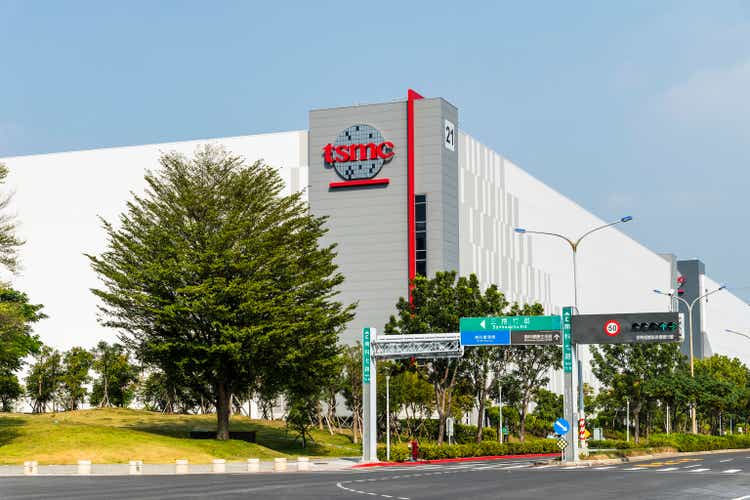Yulu accelerates the adoption of sustainable mobility

Environmental concerns and rising fuel prices have given electric vehicles (EVs) the thrust they required for faster adoption globally. In India too, EV sales have been growing rapidly, with homegrown players like Yulu playing a central role in accelerating their adoption.
Established in 2017 with a vision to reduce congestion and air pollution, Yulu EVs were first introduced in Bengaluru, and later in Mumbai and Delhi. The idea was to create a purpose-built EV for first- and last-mile connectivity for shared mobility users. Since its inception, Yulu has been focussed on creating a sustainable business model. While the pandemic threw up challenges, it also opened up a new avenue for its business – goods delivery. Yulu adapted swiftly, and became a lifeline for many people who are without a driving licence, or can’t afford to buy their own vehicles for gig work.
The mission of the company is to make our cities sustainable, and public transport affordable, accessible and available to all. Today, revenues from shared mobility and goods delivery make for a healthy balance on its balance sheet, with Yulu estimating that about 17,000 gig workers used its EVs in 2021. From a use case perspective, Yulu vehicles reduce the operating costs of delivery executives by almost 35-40% compared to conventional vehicles, thus improving their earning potential.“
Yulu has been practising what the world is converging on now. EVs are the need of the hour. Shared EVs were quite a new concept for people when we started off and it was not easy to sell our idea. But in recent times, shared EVs and battery-as-a-service have taken over the auto market and we will continue to stay ahead of the curve,” says Amit Gupta, CEO & co-founder, Yulu.
With 10,000 vehicles across Bengaluru, Mumbai and Delhi, Yulu is India’s largest electric mobility company, claims Gupta, a seasoned entrepreneur; prior to Yulu, he co-founded InMobi in 2007 that disrupted mobile advertising and became the country’s first profitable internet unicorn. According to him, Yulu will scale its fleet to 1,00,000 EVs by the end of this year. Besides this, Yulu is the largest player in the battery-as-a-service (BaaS) segment, he stresses. Since its inception, the company has been using swappable battery infrastructure. Max Network, its flagship battery swapping station, has completed three million battery swaps to date, and will be facilitating three million battery swaps per month by end 2022.Yulu has also set up Yulu Zones where its e-bikes can be picked up and dropped, differentiating it from other players in the segment. Currently, there are 3,000 such zones in the cities where Yulu is present, and the number will be increased to 10k-12k Yulu Zones by the end of this year.
Since the beginning, Yulu has been collaborating with government agencies, and assisting them in the formulation of the policy roadmap for EVs and BaaS. The company plans to be present in three more cities in 2022, and in about 8-10 cities by the end of the next financial year. Its next product, Yulu ‘Express’, will be a mid-speed vehicle created for the e-commerce industry which can carry a high payload. It is expected to be launched by the end of this year.
Gupta regards financial viability as a very important metric, and Yulu has always been in the black at the operational level. In the coming year, the company plans to raise funds through a combination of equity and debt, helping it put 1,00,000 electric vehicles on the road and have a presence in 8-10 more cities.
Checkout latest world news below links :
World News || Latest News || U.S. News
Source link



